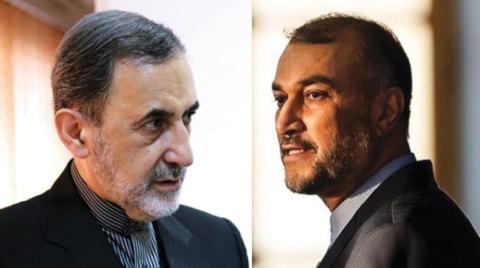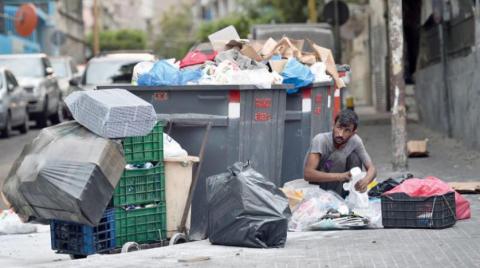
A report by Amnesty International has shed light on the Iranian diplomats' involvement in the cover-up of 1988 executions and the current crackdown on protests.
The executions were done based on a fatwa by Khomeini, the Supreme Leader at the time.
The Iranian authorities' refusal to acknowledge let alone ensure accountability for the 1988 prison massacres has perpetuated cycles of crimes under international law and cover-ups designed to extinguish any form of political opposition, said Amnesty International.
It noted the critical role played by Iranian diplomatic representatives in denying the massacres, spreading misinformation, and opposing an international investigation in the face of mounting credible evidence.
Over four decades later, current Iranian officials employ similar strategies to cover up and weaken international responses to crimes under international law and other serious human rights violations as they try to crush the ongoing nationwide protests, according to the organization.
The demonstrations were sparked by the death in custody of Mahsa Amini for not abiding by the dress code.
“The authorities of the Islamic Republic of Iran have maintained an iron grip on power for decades through the commission of horror after horror with absolute impunity. They continue to systematically conceal the fate and whereabouts of thousands of political dissidents they extrajudicially killed in the 1980s and dumped in unmarked graves. They hide or destroy mass gravesites, and harass and intimidate survivors and relatives,” said Diana Eltahawy, Amnesty International’s Deputy Director for the Middle East and North Africa.
“Such crimes are not relics of the past. The anniversary arrives amid a horrific wave of bloodshed around the latest protests, as well as arbitrary executions and death sentences targeting protesters,” she added.
Between 1988 and 1990, Iranian diplomats around the world and government officials in Iran made similar and sometimes identical comments, dismissing reports of mass executions in 1988 as propaganda from opposition groups and claiming that the killings had occurred in the context of the armed incursion of the People’s Mojahedin Organization of Iran (PMOI).
Amnesty International has gathered evidence pointing to the involvement of various former diplomatic representatives and government officials in Iran in this cover-up, including the following individuals Ali Akbar Velayati (former Minister of Foreign Affairs) and Mohammad Hossein Lavasani and Manouchehr Mottaki (Deputy Foreign Ministers).
The list also includes Mohammad Jafar Mahallati, Iran’s Permanent Representative to the UN in New York, Sirous Nasseri, Iran’s Permanent Representative to the UN in Geneva, Mohammad Ali Mousavi, Iran’s Chargé d’Affaires in Ottawa, Canada, and Mohammad Mehdi Akhoundzadeh, Iran’s Chargé d’Affaires in London, and Raeisinia, First Secretary of Iran’s Embassy in Tokyo.
Current Iranian officials are resorting to similar tactics to discredit a new generation of protesters and dissidents as “rioters”, deny involvement in hundreds of unlawful killings, and resist calls for international investigations and accountability.
In the lead-up to a special session at the UN Human Rights Council in November 2022 on Iran’s lethal protest crackdown, Iranian officials in Geneva distributed lengthy briefings, which blamed the killings of protesters on “hired terrorists”, “suicides” or “accidents” or questioned the death of some victims.
In November 2022, Amir Saeed Iravani, Iran’s current Permanent Representative to the UN in New York, called on states to refrain from supporting a UN Security Council informal meeting on Iran’s lethal crackdown on protesters, which he described as a “mischievous disinformation campaign”.
Ignoring a vast body of evidence on the unlawful killing of hundreds of protesters and bystanders, including children, by Iran’s security forces, he claimed that “the right to free expression and peaceful assembly has been recognized and ensured by the Constitution of the Islamic Republic of Iran, and the enjoyment of our people of this right has always been supported by the Government.”
Eltahawy said: “For decades, Iran’s government and its diplomatic representatives around the world have orchestrated denial and misinformation campaigns to mislead the international community and rob those affected and society at large of the right to truth.”











